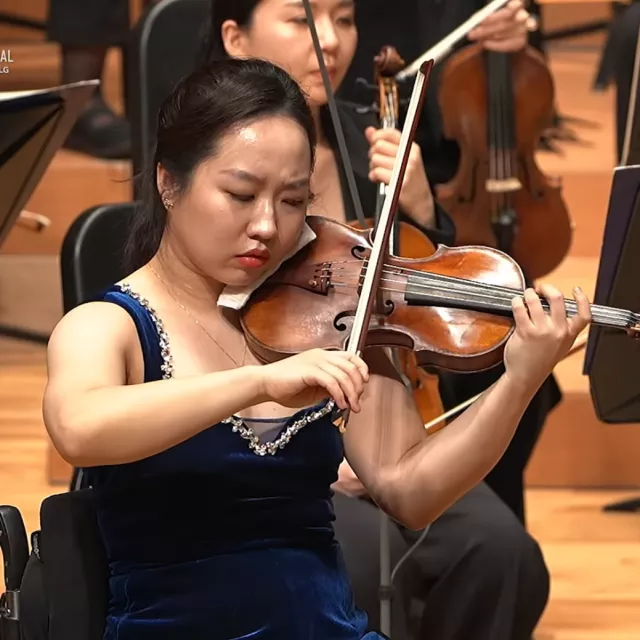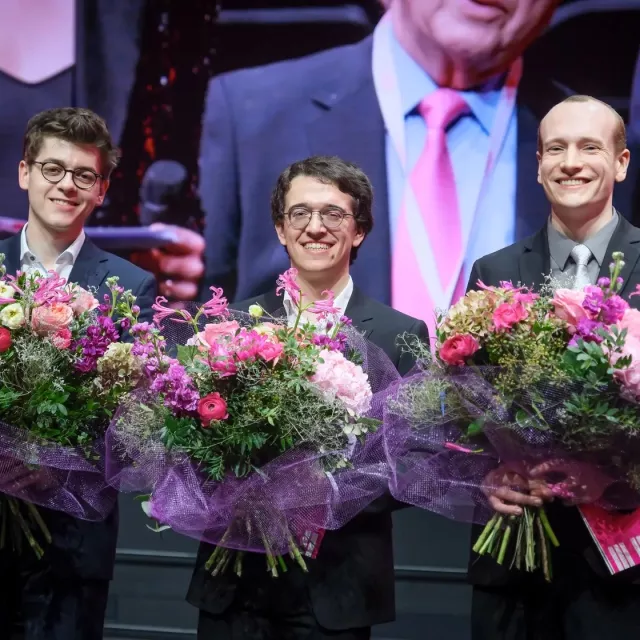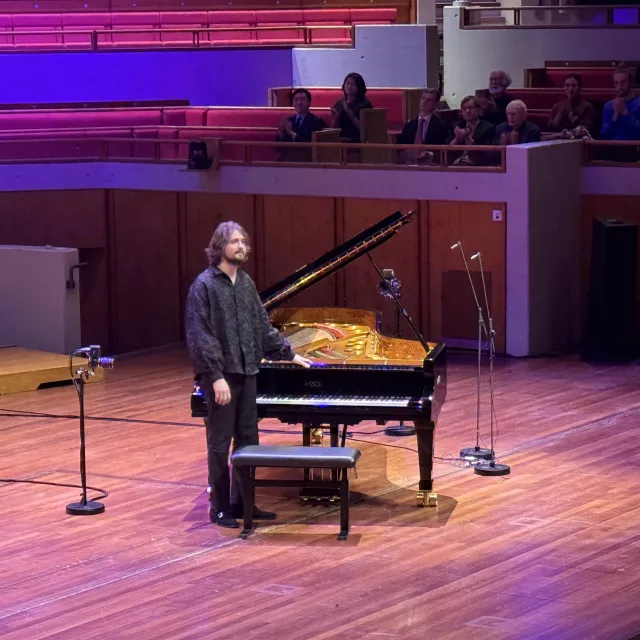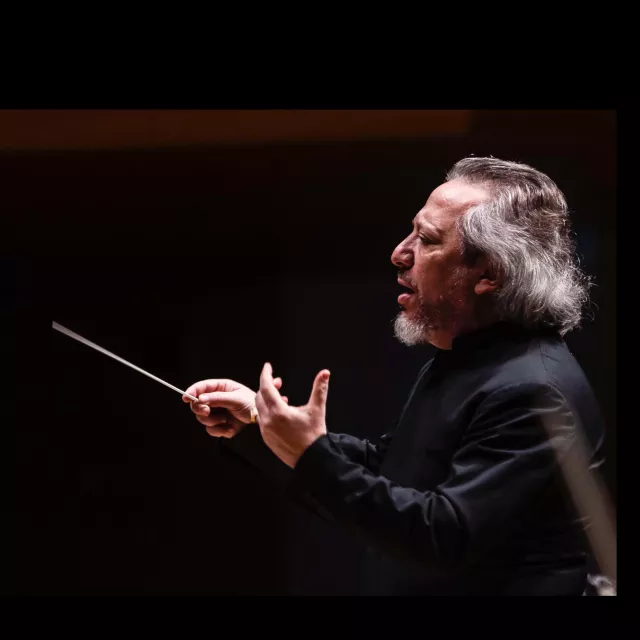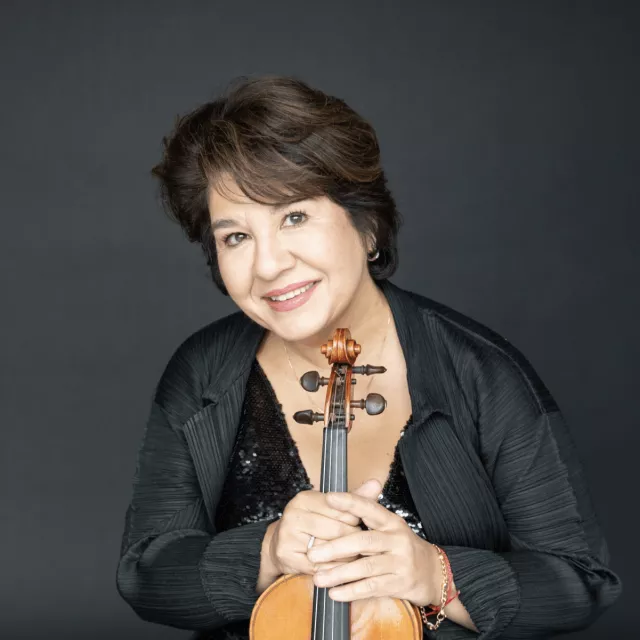Festival Mood in Lyon

The Lyon International Chamber Music Competition introduces its new structure
At the end of 24 recitals in the main hall of Université Lumière Lyon 2, the jury of 18th Lyon International Chamber Music Competition awarded the trios :
1st prize : Pantoum Trio (Paris)
2nd prize : Havisham Trio (London)
3rd prize : Ex Trio (Berlin)
And a serie of performances and events will be proposed to the winners : Palazzetto Bru Zane in Venice, Prieuré de Chirens, Musée en musique de Grenoble, ProQuartet, Masterclasses de la Roque d'Anthéron, France musique, Les pianissimes, Les Concerts de poche, Moments musicaux de Chalosse, Saison Jeunes Talents (Paris), Les Concerts de poche, Les Classiques du Prieuré…
First Prize: Pantoum Trio
Virgile Roche, piano
Hugo Meder, violin
Bo-Geun Park, cello
Second Prize: Trio Havisham
Zany Denyer, piano
Magdalena Riedl, violon
Fangning Dong, violoncelle
Third Prize: Ex Trio
Kiana Reid, piano
Mayu Tomotaki, violon
Hideaki Fujiwara, cello
Jury:
Attila Falvay, David Grimal, Louise Hopkins, Mari Kodama, Vincent Coq
Lyon competition allows to young musicians ensembles, among the brightest world-wide hopes, to perform in public in front of peers and artistic programmers. They make them stand out by offering prizes, awards, concerts, professionnal opportunities, recommendations. From 2004, more than 1300 young artists, from 35 different nationalities, took part in the event, seeking to boost their carreer and reveal their talent. The competition highlights the city of Lyon and the richness of the cultural activity of all her regional area to the artists enrolled and the world of music.
The competition structure was completely revamped in 2023. A tighter preselection process resulted in 10 trios coming to perform over four days of concerts. They were invited to play three almost entirely unrestricted recitals with a few minor detours, notably a composition and a deviation with a viola.
This structure was intended to allow the trios’ work to be better appreciated and heard in a variety of styles and repertoires. It ensured that candidates who regularly attend competitions would not have to return home after only one short appearance before the jury, which can be frustrating and costly: they would actually perform four times before being judged.
The new structure – a competition in the style of a grand final - was intended to be full of surprises.
©WFIMC 2023


